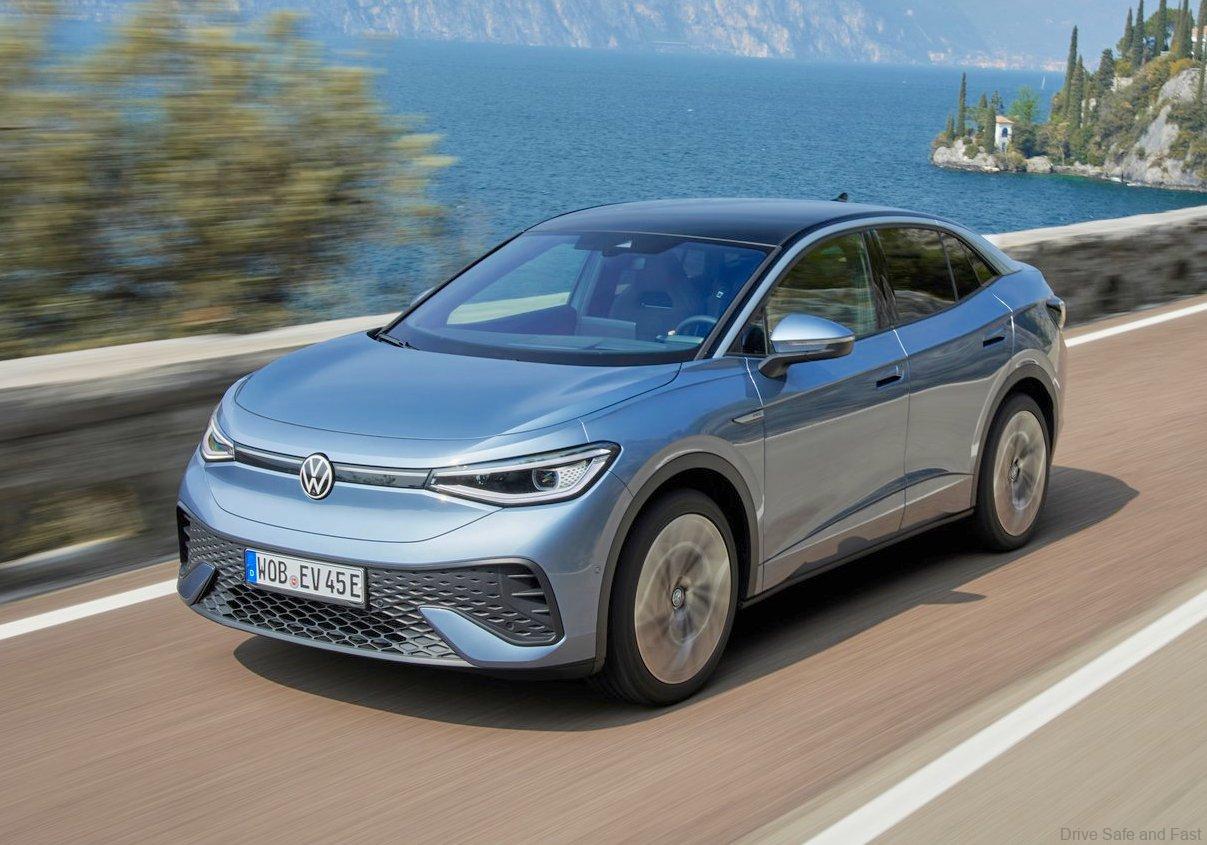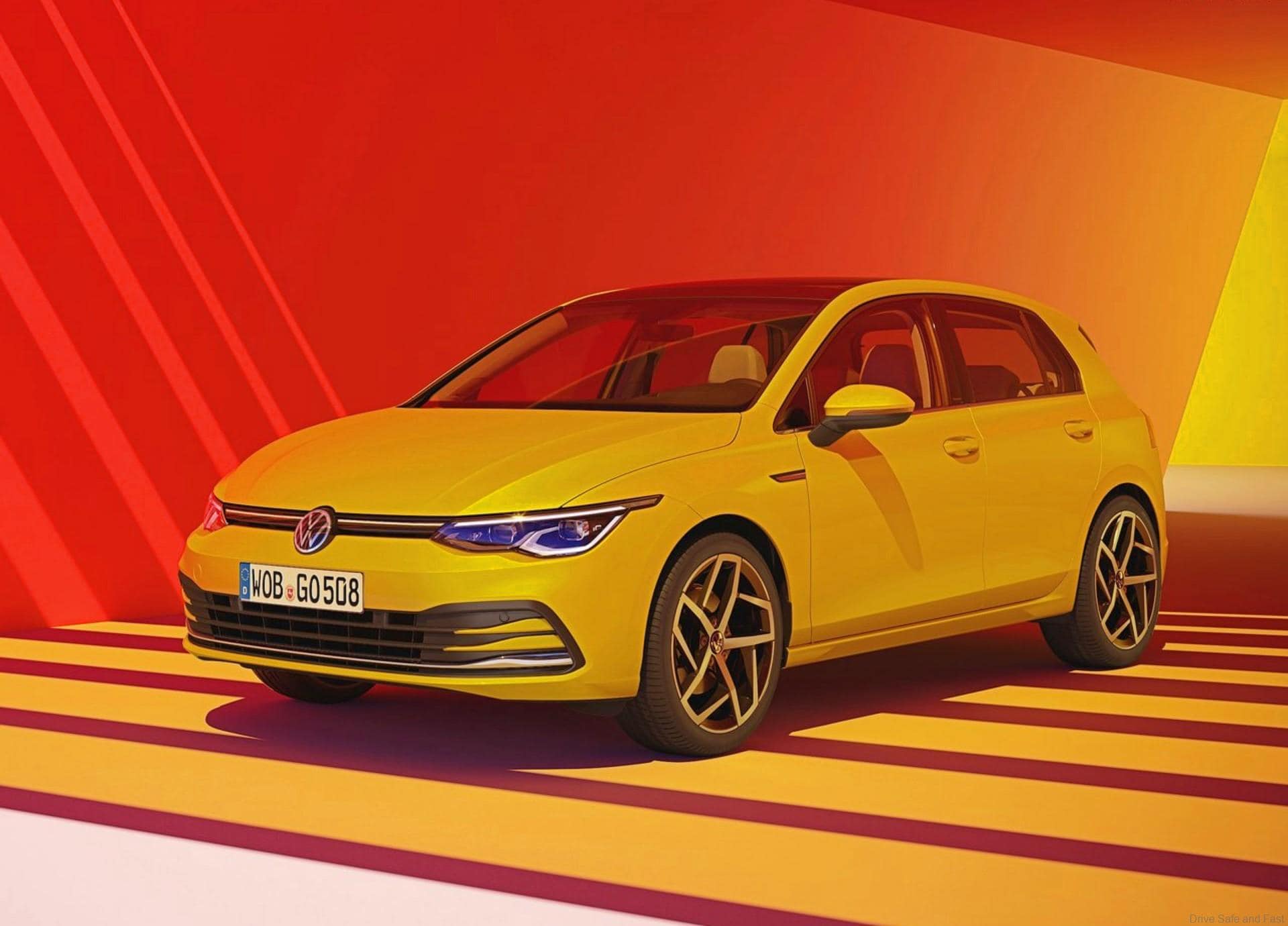So why are German Volkswagen factory workers on strike now?
Volkswagen workers in Germany launched a large-scale strike on Monday in response to the company’s announcement of major cuts, including the closure of three plants and reductions to pension benefits. The strikes, led by the IG Metall union, saw tens of thousands of workers halt production at multiple Volkswagen facilities, marking a significant labor dispute.

Thorsten Gröger, the union leader involved in negotiations, emphasized that the strike could escalate, warning that this could become the “toughest wage dispute Volkswagen has ever seen.” The strike began at 9:30 a.m. with a two-hour work stoppage, a move repeated by the late shift.
Moreover, by the end of the day, at least 66,000 Volkswagen employees had participated, and stoppages were expected to continue into early Tuesday. The strikes were in direct response to Volkswagen’s announcement of €18 billion ($19 billion) in budget cuts, which include significant alterations to the company’s pension plans and the closure of three plants in Germany.

Workers are pushing back against the cuts, with IG Metall leader Daniela Cavallo calling for shared sacrifice, particularly from management and shareholders. She suggested that executives should take cuts to their Christmas bonuses to help mitigate the financial strain on employees.
Cavallo indicated that the next round of talks, also scheduled for next week, would be critical in determining whether there would be progress or further escalation. Volkswagen, in response to the strikes, reiterated its respect for workers’ rights and its commitment to constructive dialogue. The company emphasized its intention to find a lasting solution supported by all parties.

On top of that, Volkswagen also stated that it had implemented measures to ensure urgent deliveries during the strike and rejected a proposal from labor representatives aimed at preventing layoffs and plant closures. According to the brand, the proposed measures would not provide sustainable financial relief in the long term.
The strike highlights broader economic struggles within Germany, particularly in its export-driven economy. Volkswagen, like other major German automakers such as BMW and Mercedes-Benz, has faced declining industrial orders and shrinking markets.

Volkswagen’s profits plunged by 64 percent in the third quarter, with a notable decline in sales in China, where domestically produced electric vehicles have become more popular. Additionally, fears of potential EU tariffs on Chinese electric vehicles have added to the uncertainty, further complicating the outlook for the company.

We got all this from DW and their full article is linked here. Thank you DW for the information and images.